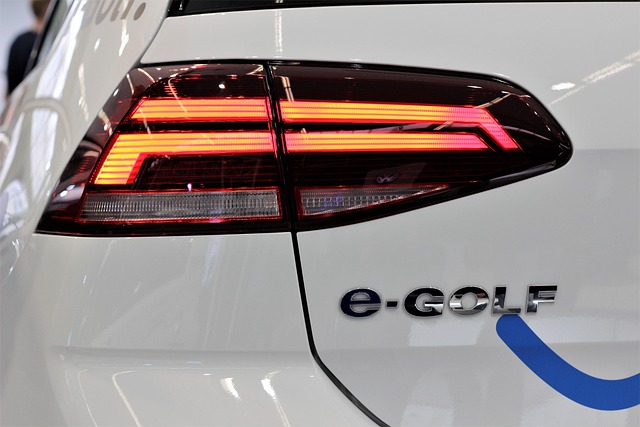Understanding the Realities of EV Range
You love your electric car – the smooth ride, the instant torque, the quiet operation. But let’s be honest, the predicted range number on the dashboard can sometimes feel like a moving target. That feeling when the range seems to be dropping faster than the miles you’re covering? It’s a common experience for EV owners, a direct result of various factors causing what we might call ‘range reduction’. Understanding *why* this happens and how to mitigate it is key to optimizing your actual driving range and making the most of your vehicle’s capabilities.
Your Driving Style: The Biggest Variable
The way you drive has perhaps the most significant impact on how quickly your range depletes. Just like with a gasoline car and fuel efficiency, aggressive acceleration, hard braking, and high speeds are major energy consumers. Think of it this way: the faster you demand power from the electric motor, the more energy you use in a shorter time. Smooth acceleration, anticipating traffic to use regenerative braking effectively, and maintaining moderate speeds are your best friends for preserving range. Learning to be efficient in *how* you use the car’s power is crucial for fighting range reduction.
External Factors and Onboard Consumption
Weather plays a substantial role. Cold temperatures reduce battery efficiency and require energy for cabin heating. Hot temperatures require air conditioning. Both draw power directly from the battery, impacting range. Uphill driving also uses significantly more energy than driving on flat terrain or downhill (where regenerative braking can help recover some energy). Even using features like heated seats or the infotainment system contributes to energy consumption, though usually to a lesser extent than climate control.
The Importance of Regular Car Service
Don’t underestimate the value of proper vehicle maintenance, even on an EV. While they have fewer moving parts than internal combustion engine vehicles, certain aspects of car service are vital for range efficiency. Maintaining correct tire pressure is absolutely critical – underinflated tires increase rolling resistance, forcing the car to use more energy to move. Wheel alignment also matters. Ensuring your battery health is checked during routine service appointments can help identify potential long-term issues that might affect capacity and range over time. Keeping up with manufacturer-recommended service helps ensure all car parts are functioning optimally.
How Car Parts Influence Efficiency
Beyond tire pressure, the very components of your vehicle impact range. The type of tires you have (some are designed for lower rolling resistance), the overall weight of the vehicle, and even aerodynamic features (or lack thereof, or added aftermarket parts that increase drag) all contribute to how much energy is needed to propel the car. Battery health is a key car part” factor over the vehicle’s lifespan; degradation will naturally lead to reduced maximum range, although this happens gradually in modern EVs.
The Role of the Electric Motor
The electric motor itself is incredibly efficient compared to a traditional car engine. However, its efficiency can vary slightly depending on the load and RPM. Driving modes (like ‘Eco’ versus ‘Sport’) often adjust the motor’s power delivery and responsiveness to prioritize efficiency over performance. Understanding how your car’s particular electric motor system manages power can help you drive in a way that maximizes its inherent efficiency and minimizes unnecessary range reduction.
Staying Informed with Car News
The world of electric vehicles is constantly evolving. Keeping up with car news can provide insights into new battery technologies offering better energy density (more range per pound), more efficient electric motor designs, and software updates from manufacturers that can improve existing vehicle efficiency or offer better range prediction accuracy. Staying informed helps you understand the potential of your current vehicle and future advancements aimed at pushing the boundaries of EV range.




